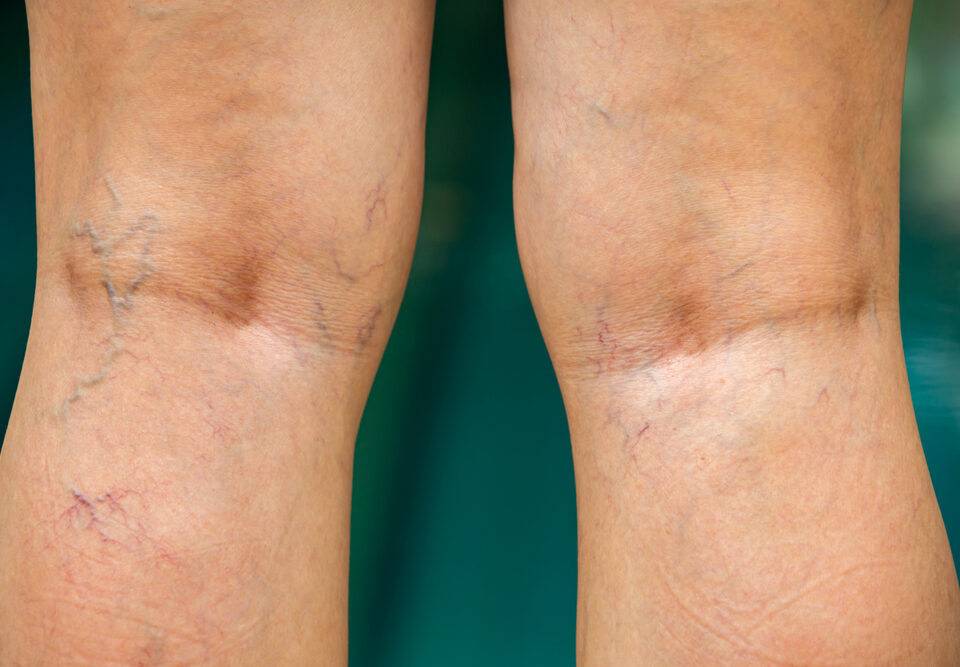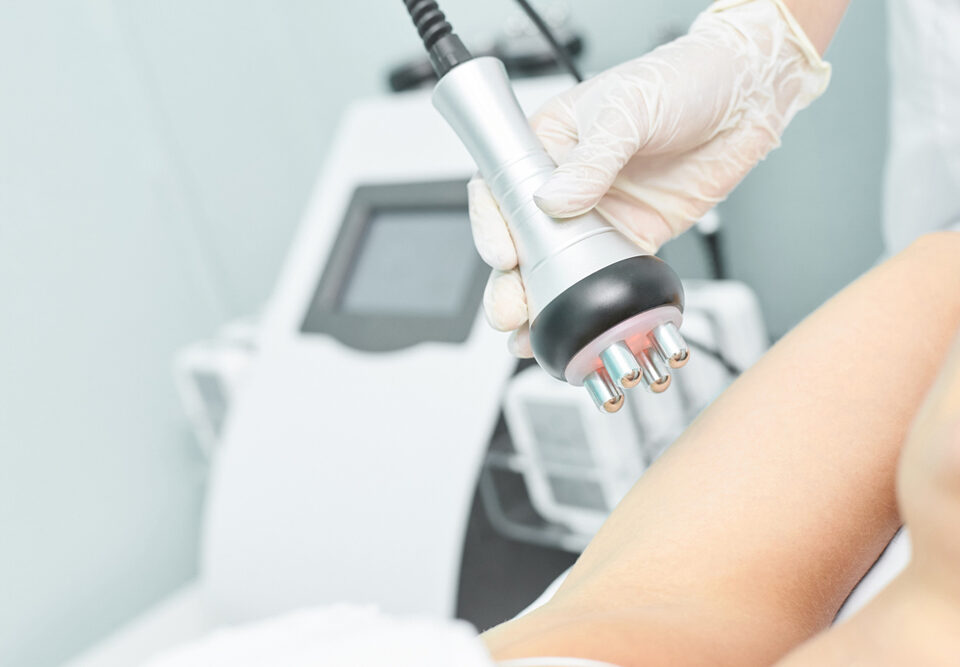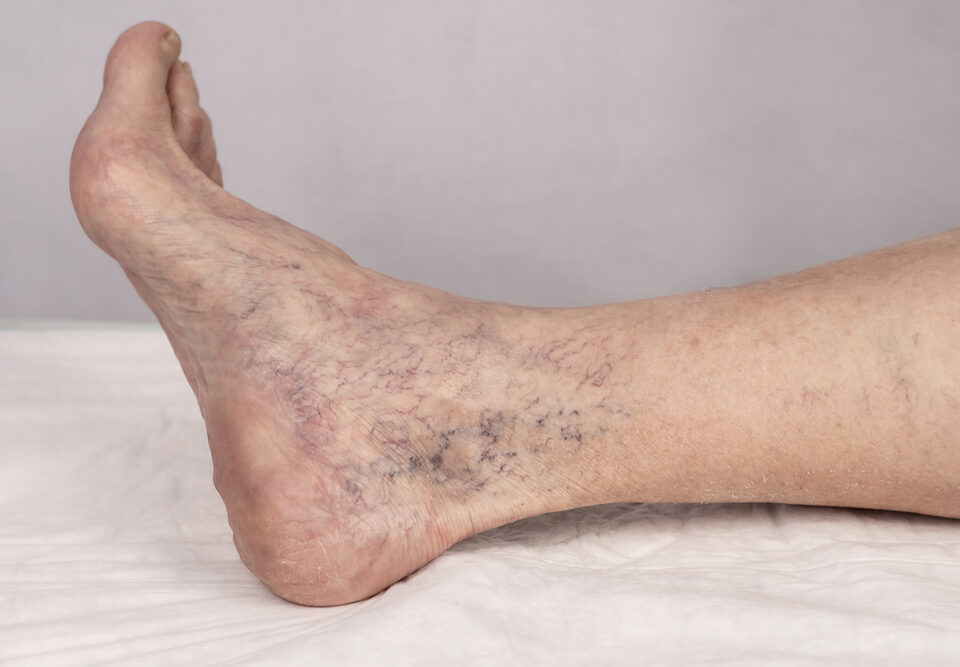Many people complain of swollen legs from time to time. Of course, if it occurs often, it can be concerning. If you notice swollen legs more often, a vascular specialist can determine the cause.
Saleem Saiyad, MD, FACC, the interventional cardiologist at Premier Vein and Vascular in Tampa and Largo, Florida, can perform an examination and diagnostic testing to determine the cause of your persistent leg swelling. This sickness can stem from several issues, and our team can provide counsel and treatment if necessary for any vascular problems that may be involved.
What is leg swelling?
Swelling in any area, including the legs, is caused by one of two conditions. Fluid can build up in the lower limbs, causing swelling; this is called edema. Another cause is inflammation, which can happen due to arthritis, injury, or certain conditions that cause inflammation. Leg swelling can occur with other symptoms, including itching, redness, pain, numbness, and skin sores, or ulcerations.
What causes leg swelling?
Leg swelling can occur for any number of reasons, from simple to severe. The most common causes are below.
Too much standing or sitting
Sitting or standing for long periods can cause leg swelling, promoting poor circulation and fluid buildup. You may notice this after sitting in an airplane for an extended period, or standing at a worktable for several hours. If you are pregnant or overweight, it can happen more frequently.
Walking around, stretching, limiting your salt intake, and propping up for feet can help prevent or reduce leg swelling. An active lifestyle can also help prevent your legs from swelling.
Mobile blood clots
Blood clots that form and then become mobile, potentially reaching the lungs, are otherwise known as deep vein thrombosis (DVT). This is a potentially life-threatening issue because the clot could block blood flow and cause a pulmonary embolism.
In addition to the swelling, you may also develop pain, swelling, warm or red skin, and enlarged veins that are easily visible. If you believe you have DVT, seek medical treatment at once.
Surface blood clots
Blood clots that form near the surface of the skin are called superficial thrombophlebitis. Along with swelling, the pain usually accompanies this condition, which normally requires treatment. However, these clots do not typically cause serious risks or complications like DVT.
Pooling Blood
When blood pools in the veins, this is known as chronic venous insufficiency (CVI). This condition is caused by a malfunction of the valves that control blood flow in the veins. As a result, blood is allowed to flow in the wrong direction, causing blockages and pooling.
Accompanying symptoms can include pain, discolored skin, and skin that becomes dry, irritated, cracked, or develops sores.
More causes
Swollen legs can also accompany several other conditions, including:
- Liver disease
- Kidney disease
- Congestive heart failure
- Lymphedema
- Arthritis
- Infections
- Injury
If leg swelling is causing you concern, especially if accompanied by pain or other symptoms, contact either of our offices in Tampa or Largo, Florida, and request a free consultation.





